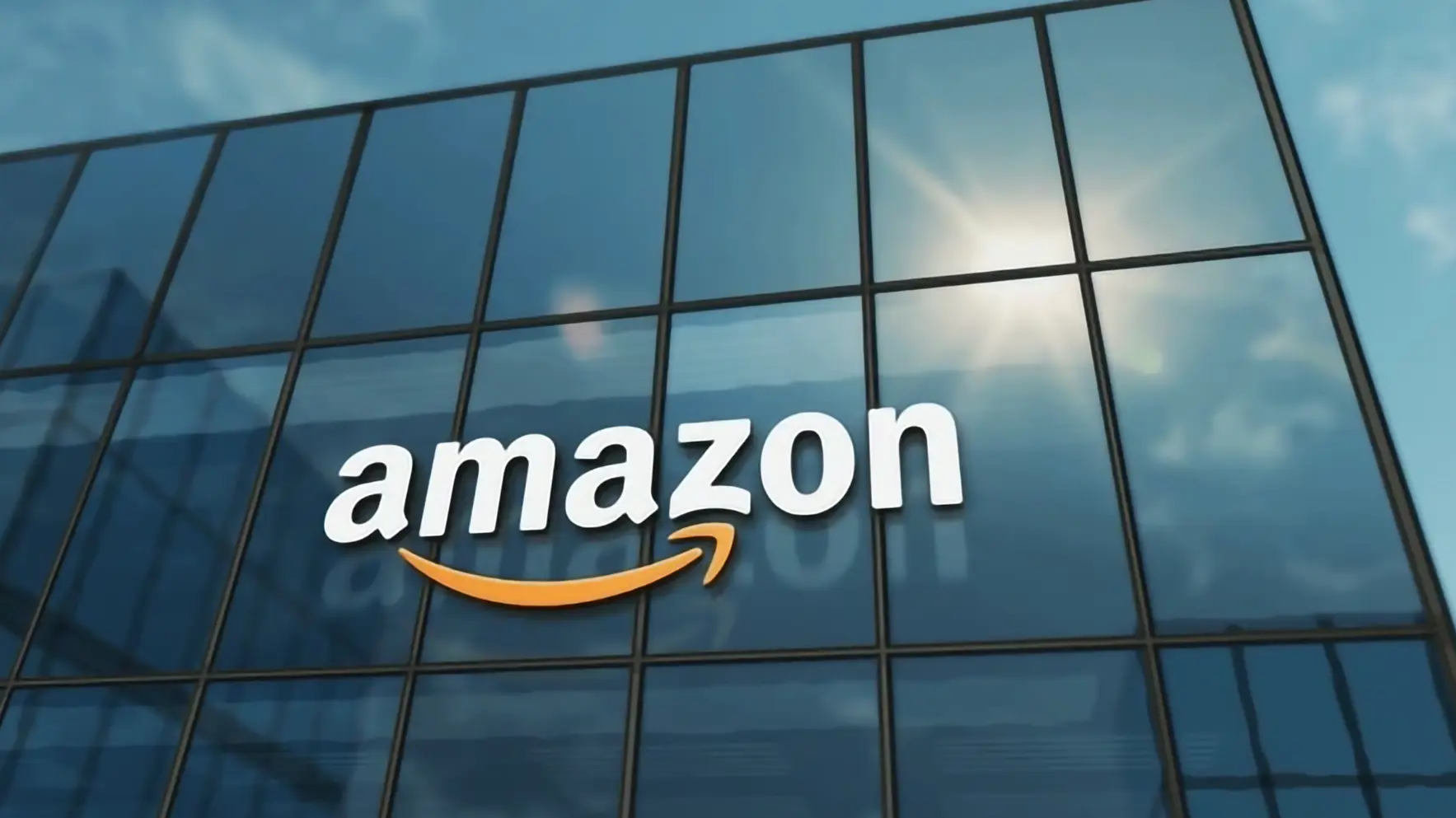

 In 2026, internet infrastructure will be reshaped by geopolitics, grid constraints, and regulatory shifts. Firms that treat data location, power access, and legal compliance as strategic priorities will gain competitive advantage.
In 2026, internet infrastructure will be reshaped by geopolitics, grid constraints, and regulatory shifts. Firms that treat data location, power access, and legal compliance as strategic priorities will gain competitive advantage.
 The hiQ ruling erased legal protections against commercial scraping, leaving infrastructure providers to absorb escalating costs. Without federal action defining data misappropriation, a free-rider AI economy could undermine open networks, investment, and long-term data integrity.
The hiQ ruling erased legal protections against commercial scraping, leaving infrastructure providers to absorb escalating costs. Without federal action defining data misappropriation, a free-rider AI economy could undermine open networks, investment, and long-term data integrity.
 As AI notetakers become common in virtual meetings, concerns grow over data privacy, potential misuse, and the risks of unknowingly sharing sensitive corporate information with unseen third parties beyond organizational control.
As AI notetakers become common in virtual meetings, concerns grow over data privacy, potential misuse, and the risks of unknowingly sharing sensitive corporate information with unseen third parties beyond organizational control.
 From software to network architecture, the internet is shifting from ownership to on-demand access. Subscription models now underpin the digital economy, offering scalability and agility while raising fresh questions about control, cost and compliance.
From software to network architecture, the internet is shifting from ownership to on-demand access. Subscription models now underpin the digital economy, offering scalability and agility while raising fresh questions about control, cost and compliance.
 Big Tech firms should back Africa's AI future by investing in its vast energy resources and infrastructure needs. Doing so offers a strategic answer to growing data demands and an opportunity for shared prosperity.
Big Tech firms should back Africa's AI future by investing in its vast energy resources and infrastructure needs. Doing so offers a strategic answer to growing data demands and an opportunity for shared prosperity.
 European efforts to build independent cloud infrastructure face challenges from regulatory overreach and dependence on U.S. cloud providers. Some say that a balanced approach focused on collaboration and flexible standards will be needed to strengthen data sovereignty and foster regional growth. Eighty percent of corporate executives in Germany say that Europe's future prosperity will depend on secure and independent digital infrastructure.
European efforts to build independent cloud infrastructure face challenges from regulatory overreach and dependence on U.S. cloud providers. Some say that a balanced approach focused on collaboration and flexible standards will be needed to strengthen data sovereignty and foster regional growth. Eighty percent of corporate executives in Germany say that Europe's future prosperity will depend on secure and independent digital infrastructure.
 Over the past decade, cloud computing has experienced explosive growth, evolving from its nascent stage to widespread adoption and fundamentally changing how businesses and individuals use information technology. At the same time, traditional on-premise computing, while still having its use cases, has been progressively integrated with, and often even controlled by, Cloud Service Providers (CSPs) in many aspects.
Over the past decade, cloud computing has experienced explosive growth, evolving from its nascent stage to widespread adoption and fundamentally changing how businesses and individuals use information technology. At the same time, traditional on-premise computing, while still having its use cases, has been progressively integrated with, and often even controlled by, Cloud Service Providers (CSPs) in many aspects.
 This study analyzes the differences in domain name and IP address strategies among a number of current mainstream artificial intelligence (AI) service providers. We find that these technical choices not only reflect deployment decisions but also deep-seated corporate knowledge and capabilities in Internet infrastructure service provision, as well as brand positioning and market strategies.
This study analyzes the differences in domain name and IP address strategies among a number of current mainstream artificial intelligence (AI) service providers. We find that these technical choices not only reflect deployment decisions but also deep-seated corporate knowledge and capabilities in Internet infrastructure service provision, as well as brand positioning and market strategies.
 A new resource dedicated to small and medium-sized digital infrastructure providers highlights the benefits of incorporating sustainability into their operations, offers a consolidated list of best practices and recommendations, and shares additional resources to help make practical changes to save time, energy, and money.
A new resource dedicated to small and medium-sized digital infrastructure providers highlights the benefits of incorporating sustainability into their operations, offers a consolidated list of best practices and recommendations, and shares additional resources to help make practical changes to save time, energy, and money.
 Thanks to wide adoption of the Infrastructure as Code (IaC) approach, programmatic provisioning of cloud resources is slowly transforming almost every aspect of computing, with administration of web apps having emerged as a key use case. With IaC, it's possible to streamline resource management tasks, shorten time-to-market, control costs, and scale at will. The adoption of continuous integration and continuous delivery (CICD) pipelines is already making a huge difference in web app deployment and cloud resource management.
Thanks to wide adoption of the Infrastructure as Code (IaC) approach, programmatic provisioning of cloud resources is slowly transforming almost every aspect of computing, with administration of web apps having emerged as a key use case. With IaC, it's possible to streamline resource management tasks, shorten time-to-market, control costs, and scale at will. The adoption of continuous integration and continuous delivery (CICD) pipelines is already making a huge difference in web app deployment and cloud resource management.
 As a member of the ROW Planning Committee, I am writing this post on behalf of the Committee and welcome all community members to join us on June 4th. We are celebrating ROW's 10th anniversary! A decade of collaboration and inspiration! Thank you to the incredible community that has fueled this journey!
As a member of the ROW Planning Committee, I am writing this post on behalf of the Committee and welcome all community members to join us on June 4th. We are celebrating ROW's 10th anniversary! A decade of collaboration and inspiration! Thank you to the incredible community that has fueled this journey!
 Gaming is a huge business. In 2021, gaming generated $214 billion in revenues worldwide. That represents over 6% of all spending on entertainment. Gaming market experts are predicting that this will grow to over 10% during this decade. The pandemic triggered a growth spurt in gaming, with revenues almost tripling since 2019. During that time, there was also a big change in the dynamics of the industry, where many games are offered for free.
Gaming is a huge business. In 2021, gaming generated $214 billion in revenues worldwide. That represents over 6% of all spending on entertainment. Gaming market experts are predicting that this will grow to over 10% during this decade. The pandemic triggered a growth spurt in gaming, with revenues almost tripling since 2019. During that time, there was also a big change in the dynamics of the industry, where many games are offered for free.
Last Saturday marked the 53rd anniversary of the Internet. While the vast majority of its five billion users have been online for less than a decade, the Internet was taken into use on October 29th, 1969, when two computers connected to the ARPANET exchanged a message. Although the Internet has been around for a while, it remained below most people's radar until the late 1990s when the dot com boom started.
 I'm not sure that most people understand the extent to which our online experience has moved to the cloud -- and this movement to the cloud means we're using a lot more bandwidth than in the recent past. A huge number of online functions now reside in the cloud, when only a few years ago, a lot of processing was done on our computers. Take the example of Twitter, where I keep an account to upload a copy of my blog every day.
I'm not sure that most people understand the extent to which our online experience has moved to the cloud -- and this movement to the cloud means we're using a lot more bandwidth than in the recent past. A huge number of online functions now reside in the cloud, when only a few years ago, a lot of processing was done on our computers. Take the example of Twitter, where I keep an account to upload a copy of my blog every day.
 When it comes to the economy, the global supply chain was one of the biggest casualties of the COVID-19 pandemic. Port closures and soaring infection rates hampered logistics providers' ability to schedule deliveries and predict risks. In turn, manufacturers' demand projections were challenged, leading to empty shelves worldwide. A lack of shipping containers has affected supply chains, with shippers scrambling to find usable containers before they disappear into service.
When it comes to the economy, the global supply chain was one of the biggest casualties of the COVID-19 pandemic. Port closures and soaring infection rates hampered logistics providers' ability to schedule deliveries and predict risks. In turn, manufacturers' demand projections were challenged, leading to empty shelves worldwide. A lack of shipping containers has affected supply chains, with shippers scrambling to find usable containers before they disappear into service.
 Massive AWS Outage Disrupts Global Internet, Services Restored After DNS Failure
Massive AWS Outage Disrupts Global Internet, Services Restored After DNS Failure UK Communications Watchdog Calls for Investigation into Microsoft and Amazon’s Cloud Market Dominance
UK Communications Watchdog Calls for Investigation into Microsoft and Amazon’s Cloud Market Dominance